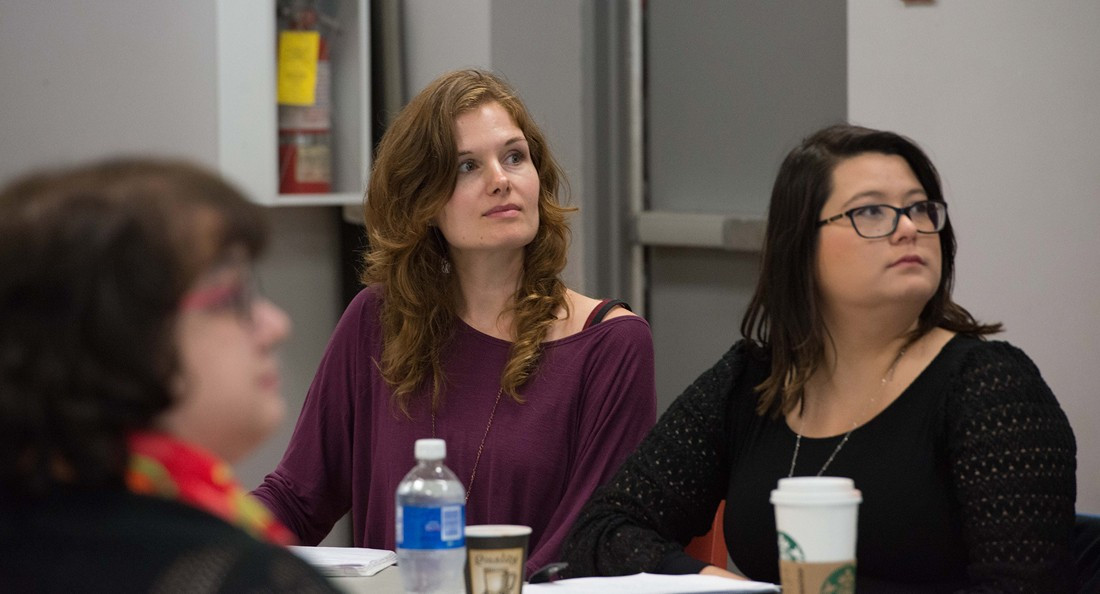Walking to support mental illness programming
March for Mental Health celebrates individuals’ lived experiences
On Sept. 29, Manitobans will gather outside of the Legislative Building for the third-annual March for Mental Health, an event which seeks “to celebrate the community and increase awareness around mental health and mental illness in our community,” Angela Taylor says.
Taylor, founder of Inspire Community Outreach, the organization that runs the march, says the idea came from a conversation with her coworker.
“My colleague Alice ... envisioned an event where it was more of a celebration than anything else, and so, (we) began to talk about things and discussed what it could look like and having speakers share really positive stories about finding themselves through mental illness,” Taylor says.
She says it’s important to have celebratory events that normalize the experience of mental illness because “for me, mental illness is part of who I am, and I don’t think of it like a 100 per cent bad thing. I don’t feel like it’s a black cloud, I feel like it’s part of who I am, and it brings me gifts, it brings me strengths as well as challenges, and (Alice) felt the same way.”
Prior to the march, Taylor says the event will include three speakers who have all played significant roles in destigmatizing mental illness and addiction in Manitoba: Rachel Beazley of the Bell Let’s Talk campaign, Andi Sharma with the Centre for Addiction and Mental Health and community organizer Michael Champagne.
After the walk, there will be a mental health resource fair, children’s entertainment and music from DJ Wanda G.
Taylor says funds raised by those who register for the march will go to cover the event costs and to Inspire’s youth programming.
“We’re not funded. We’re a community organization run with and for the community,” Taylor says. “Making real change in the community is really important to us, and having the support of the community means a lot.”
VIRGO Consulting released a report in spring 2018 which “identified that there are major gaps and underfunding in the mental health system as well as in addictions,” Tara Brousseau-Snider, executive director of Mood Disorders Manitoba, says.
Brousseau-Snider says that Mood Disorders Manitoba was particularly pleased with the recommendation to provide peer support in the emergency room system.
“Thats been one of the big gaps that we have seen, people being discharged late at night, people being discharged without a plan, families maybe not knowing, and then individuals such as Reid Bricker (dying) by suicide,” Brousseau-Snider says. “So we really want to work with the clinical community and the community and be able to provide greater support so that we don’t have people who fall in between and are lost to us.”
According to a CBC article on Bricker’s death, Bricker had been hospitalized for suicide attempts three times in 10 days. The last time he was released was in the middle of the night, and he committed suicide shortly afterwards.
Brousseau-Snider says that in her experience, “we’ve come a long, long way” when it comes to reducing stigma, “but it still does exist.”
Both Taylor and Brousseau-Snider say that supporting youth and having grassroutes organizations are key to making lasting positive change for those with mental health conditions.
The Winnipeg March for Mental Health will be held form 1 to 4:00 p.m. on Sept. 29. See inspirecommunityoutreach.ca/winnipeg-march for more information.
Published in Volume 73, Number 4 of The Uniter (September 27, 2018)







